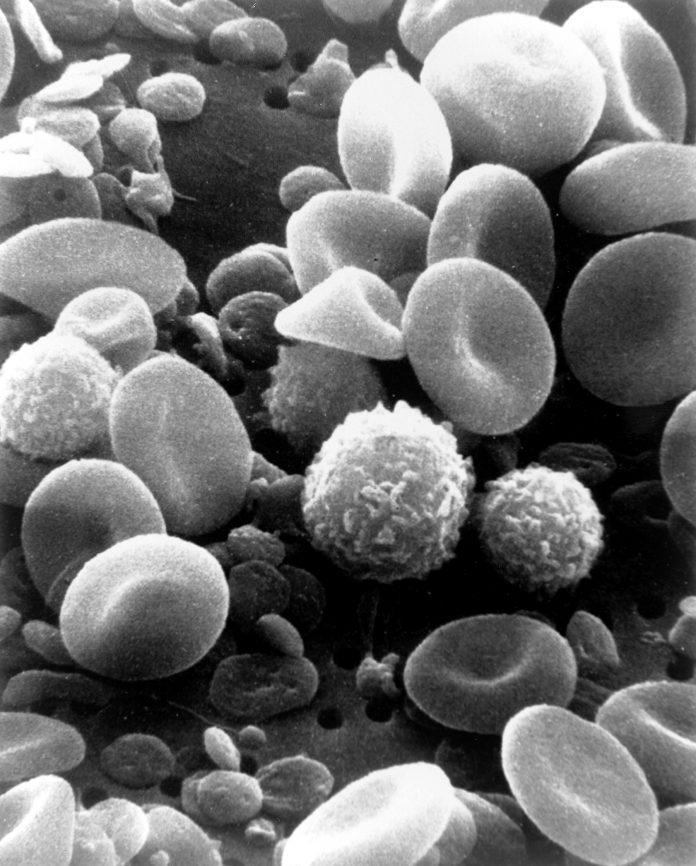HIV Infections may soon be treatable with a single injection that alters some of the body’s white blood cells to fight the virus, according to an animal study.
This is after Dr. Adi Barzel of Tel Aviv University in Israel and his colleagues successfully engineered type B blood cells in mice to generate anti-HIV antibodies in reaction to the virus.
B cells are formed in the bone marrow, and on maturity move on to the rest of the body via the blood and lymphatic system.
Dr Barzel said: “Until now, only a few scientists — and we among them — had been able to engineer B cells outside of the body.
“In this study, we were the first to do this in the body and to make these cells generate desired antibodies.”
The team performed their genetic editing using CRISPR — a tool that enables biologists to make precision cuts on DNA, allowing for genes to be inserted, removed or replaced at a desired point to edit a genome.
“When the CRISPR cuts in the desired site in the genome of the B cells it directs the introduction of the desired gene — the gene coding for the antibody against the HIV virus, which causes AIDS,” paper co-author and genetic engineer Alessio Nehmad said.
Alongside paving a way for an improved treatment for AIDS in humans, the same approach could also be adapted to tackle other infectious diseases and cancers like those of the cervix, head and neck that are caused by viruses.


















